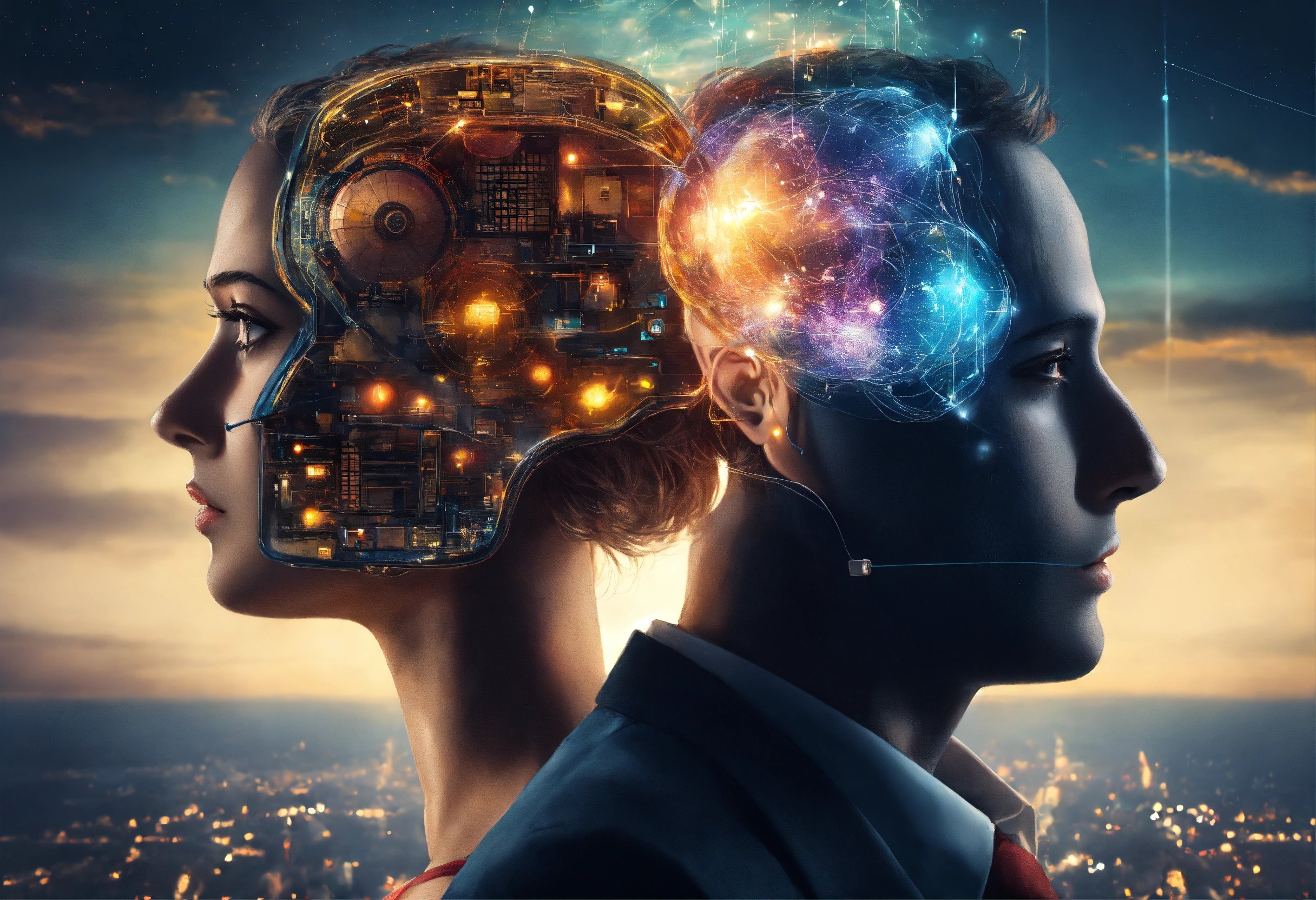Exploring the Pros and Cons of Artificial Intelligence.
Pros of AI
- Automation and Efficiency: AI-powered automation streamlines processes, reduces manual labor, and enhances efficiency across industries like manufacturing, logistics, healthcare, and finance. Tasks once requiring human intervention can now be performed faster and more accurately by Artificial Intelligence systems.
- Decision Making and Insights: AI algorithms analyze vast amounts of data to uncover patterns, trends, and insights that human analysts may overlook. From predictive analytics to personalized recommendations, Artificial Intelligence enables data-driven decision-making that can optimize business operations and improve outcomes.
- Innovation and Creativity: AI drives innovation by enabling the development of groundbreaking products, services, and solutions. For instance, machine learning algorithms can generate novel designs, compositions, and ideas. Consequently, this fosters creativity and expands the boundaries of human ingenuity.
- Improved Healthcare: AI holds significant potential to transform healthcare. It assists doctors with diagnosis, treatment planning, and personalizing medicine. Additionally, AI-enhanced medical imaging, predictive analytics, and robotic surgery systems improve patient care, reduce medical errors, and ultimately save lives.
Cons of AI
- Job Displacement: AI has the potential to cause job displacement, as automation increasingly replaces roles traditionally performed by humans. While it generates new opportunities, it simultaneously disrupts existing employment. Consequently, this leads to economic instability and exacerbates income inequality.
- Ethical and Bias Issues: AI systems may exhibit bias and discrimination, particularly when trained on skewed data or programmed with flawed algorithms. Such biases, in turn, can reinforce stereotypes and result in unfair outcomes. Thus, raising significant concerns about transparency and accountability.
- Privacy and Security Risks: The widespread adoption of AI introduces significant privacy and security risks. Artificial Intelligence systems often handle vast amounts of sensitive data, leading to concerns about unauthorized access, data breaches, and the misuse of personal information. These issues threaten individuals’ privacy and the security of their data.
- Autonomous Weapons and Ethical Concerns: AI-powered autonomous weapons present ethical dilemmas related to lethal decision-making without human oversight. Their deployment in warfare and surveillance raises critical questions about accountability, human rights, and the potential for escalating conflicts.
Conclusion
Artificial Intelligence brings both opportunities and challenges. It has the potential to transform industries, enhance efficiency, and improve lives. However, it also poses ethical and social risks. By understanding both its benefits and drawbacks, we can maximize AI’s positive impact while addressing its potential harms. Striking a balance between innovation and responsibility is crucial to ensuring that AI serves humanity effectively and upholds our core values. #Divineonline #ITsolutions #AI #technology












